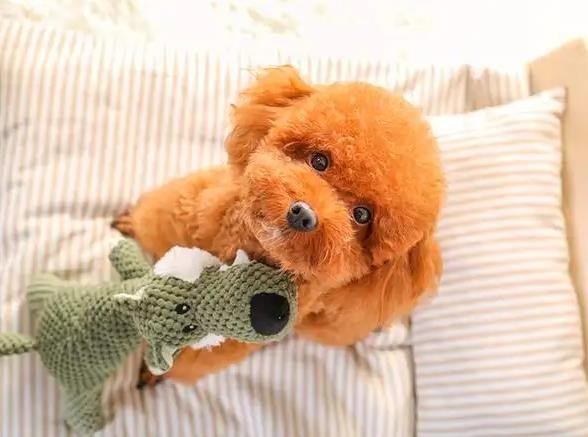
Effective Ways to Stop Dog Separation Anxiety
Understanding Dog Separation Anxiety
Dog separation anxiety is a common issue faced by many pet owners. This condition occurs when dogs become stressed or anxious in their owner’s absence. Recognizing the signs early can help in managing and alleviating the problem efficiently. Signs of separation anxiety in dogs may include excessive barking, destructive behavior, and even physical symptoms like drooling or trembling.
Behavioral Training Techniques
One of the most effective ways to stop dog separation anxiety is through behavioral training. Begin by gradually increasing the time your dog spends alone. Start with short durations and slowly extend the time. Use positive reinforcement techniques, such as treats and praise, to reward your dog’s calm behavior. Additionally, creating a safe and comfortable space for your dog can help them feel more secure when you are not around.
Utilizing Interactive Toys
Interactive toys can be a great way to keep your dog occupied and reduce separation anxiety. Puzzle toys, treat-dispensing toys, and chew toys can provide mental stimulation and distract your dog from your absence. Ensure the toys are safe and appropriate for your dog’s size and chewing habits. Rotating toys regularly can also keep your dog engaged and prevent boredom.
Consulting a Professional
If your dog’s separation anxiety persists despite your efforts, it might be time to consult a professional. A veterinarian or a certified dog trainer can provide valuable insights and personalized strategies to address the issue. In some cases, medication might be necessary to manage severe anxiety, but this should always be a last resort and under the guidance of a professional.
By understanding and addressing dog separation anxiety, you can help your furry friend feel more comfortable and secure when alone. Through consistent training, interactive toys, and professional guidance, managing this condition becomes more achievable.
American Dingo animal behavior Budget Tips canine behavior Canine Care Canine Health Dehydration dog age dog behavior Dog Breeds dog care Dog Care Tips dog exercise dog flea treatment Dog Food Dog Grooming dog health dog nutrition dog ownership Dog Sleep Tips Dog Training Dog Wound Care Family Pets First Aid Giardia Prevention Healthy Pets Hunting Dogs newborn puppy care Parasites in Dogs Pet Care Pet Care Tips Pet Health Pet Safety pet tips pet training Positive Reinforcement Potty Training prevent flea bites Puppy Care puppy health Puppy Training Rabies in Dogs Training Tips veterinary advice Veterinary Care
-
 How to Tell If Your Dog Has a Broken Bone
5 views
How to Tell If Your Dog Has a Broken Bone
5 views -
 Which is the best way to keep a small dog
4 views
Which is the best way to keep a small dog
4 views -
 How to Clean a Dog’s Wound: A Step-by-Step Guide
3 views
How to Clean a Dog’s Wound: A Step-by-Step Guide
3 views -
 Why Do Dogs Eat Rabbit Poop?
3 views
Why Do Dogs Eat Rabbit Poop?
3 views -
 5 Reasons Why Dachshunds Burrow Under Blankets
2 views
5 Reasons Why Dachshunds Burrow Under Blankets
2 views -
 How to Measure Your Dog’s Height Correctly
2 views
How to Measure Your Dog’s Height Correctly
2 views -
 10 Effective Tips on How to Massage a Dog to Poop
2 views
10 Effective Tips on How to Massage a Dog to Poop
2 views -
 How to Identify a Goldador
2 views
How to Identify a Goldador
2 views -
 How to Deal with Abscesses on Newly Born Puppies
2 views
How to Deal with Abscesses on Newly Born Puppies
2 views -
 How to Train Your Dog on a Budget: Effective and Affordable Tips
2 views
How to Train Your Dog on a Budget: Effective and Affordable Tips
2 views










Leave a Reply
You must be logged in to post a comment.